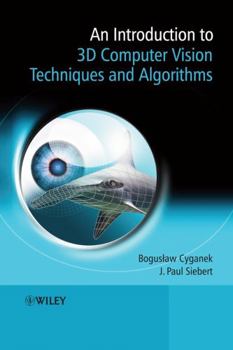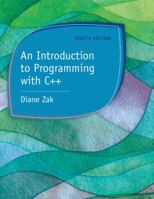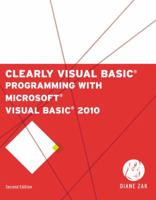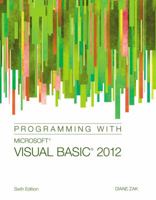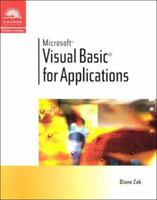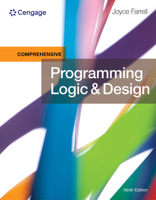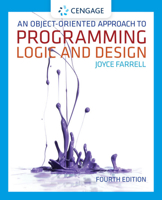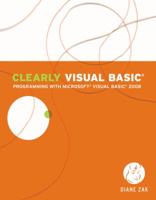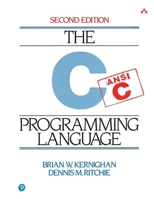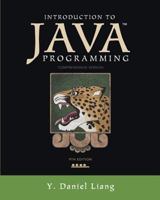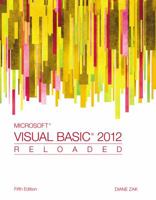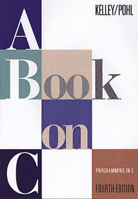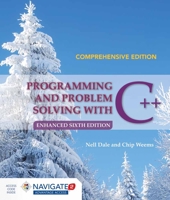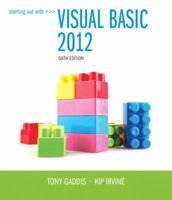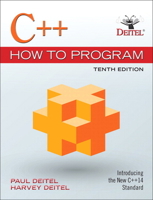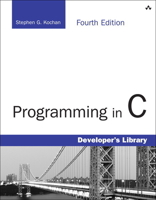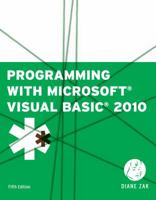An Introduction to 3D Computer Vision Techniques and Algorithms
Select Format
Select Condition 
You Might Also Enjoy
Book Overview
This book provides a comprehensive introduction to the methods, theories and algorithms of 3D computer vision. Almost every theoretical issue is underpinned with practical implementation or a working algorithm using pseudo-code and complete code written in C++ and MatLab(R). There is the additional clarification of an accompanying website with downloadable software, case studies and exercises. Organised in three parts, Cyganek and Siebert give a brief history of vision research, and subsequently:
present basic low-level image processing operations for image matching, including a separate chapter on image matching algorithms; explain scale-space vision, as well as space reconstruction and multiview integration; demonstrate a variety of practical applications for 3D surface imaging and analysis; provide concise appendices on topics such as the basics of projective geometry and tensor calculus for image processing, distortion and noise in images plus image warping procedures.An Introduction to 3D Computer Vision Algorithms and Techniques is a valuable reference for practitioners and programmers working in 3D computer vision, image processing and analysis as well as computer visualisation. It would also be of interest to advanced students and researchers in the fields of engineering, computer science, clinical photography, robotics, graphics and mathematics.











